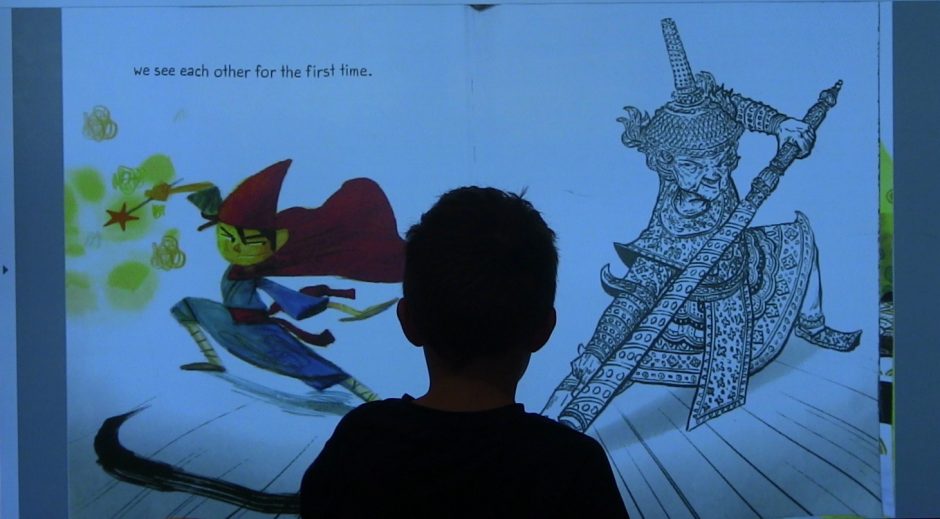Expanding literacy in increasingly diverse Missouri classrooms
While literacy education has traditionally focused on reading and writing with paper and pencils, Missouri schoolchildren, like many young kids around the country, are increasingly learning about the world around them from multimedia tools, such as iPads.

Angie Zapata, an associate professor of literacy in the MU College of Education, is working to better connect to young students with the help of a grant from the Foundation for Child Development’s Young Scholars Program. The award will support her research project enhancing elementary school curriculum to better serve children of racially, linguistically and ethnically diverse backgrounds.
A daughter of Peruvian immigrants, Zapata was an elementary school teacher of multilingual students in Texas before joining the College of Education in August 2013. Throughout the past 6 years, Zapata has been preparing student teachers to teach in increasingly diverse Missouri elementary schools. She also teaches undergraduate, masters, and doctoral courses in the Department of Learning, Teaching and Curriculum that focus on language and literacy in classrooms.
“When we as teachers cultivate a setting for young children where they feel like their languages and cultures are welcome in the classroom, we see higher student motivation and higher engagement,” said Zapata. “This project highlights the importance of culturally relevant classroom materials and media, such as picture books that reflect the lives and languages of students from various backgrounds.”
The Young Scholars Program awards scholarships to early career researchers whose interests include strengthening the early childhood education workforce. Zapata’s grant will allow her to collaborate with a dozen teachers throughout Mid-Missouri for the next 3 years to enhance early childhood curriculum in schools.
“In addition to teaching kids to read and write alphabetic print, we need to understand that young students are now navigating a global and networked landscape with social media at their fingertips,” Zapata said. “We can recognize literacy in YouTube how-to videos, in linguistically diverse drama, song and even play. Too often those experiences are left out of early childhood classrooms.”
Zapata sees her work as setting the foundation for children’s literacy development and helping teachers support vulnerable populations, such as children of immigrants like herself.
“What we know is that investments in early childhood experiences are essential for student literacy development,” Zapata said. “The successes that young students experience in school often have a tremendous impact on the successes they experience in their future lives.”
Story contact:Brian Consiglio, 573-882-9144
